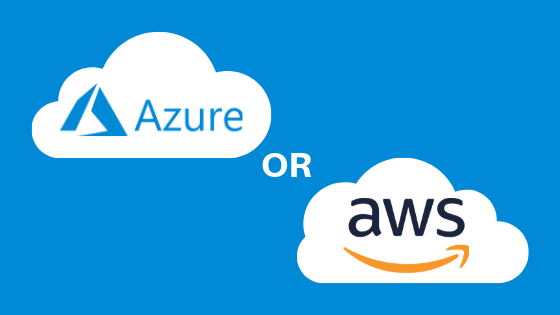What are the differences between AWS & Azure?
Dembz
CEO @ ProVisionary LLC

Amazon Web Services (AWS) and Microsoft Azure are two of the most popular cloud computing platforms. Both offer a wide range of services and tools for building, deploying, and managing applications and infrastructure in the cloud. However, there are some key differences between the two platforms that you should consider when deciding which one to use.
Here are some differences between AWS and Azure:
Services: Both AWS and Azure offer a wide range of services, including computing, storage, networking, databases, analytics, machine learning, security, and more. However, the specific services and features offered by each platform can differ. For example, Azure offers more services related to artificial intelligence and machine learning, while AWS offers more services for data management and analytics.
Pricing: AWS and Azure have different pricing models for their services. AWS charges based on a pay-as-you-go model, where you only pay for the services you use. Azure also has a pay-as-you-go model, but it also offers pre-paid plans and discounts for long-term commitments.
Integration and compatibility: Both AWS and Azure offer a wide range of integrations with other tools and platforms. However, Azure may be a better choice if you are using other Microsoft products, as it has a more seamless integration with the Microsoft ecosystem.
Support and documentation: Both AWS and Azure offer extensive documentation and support for their services. However, some users may find AWS’s support options to be more comprehensive and easier to use.
Ultimately, the choice between AWS and Azure will depend on your specific needs and requirements. It’s a good idea to carefully evaluate the services and features offered by each platform, as well as their pricing and support options, to determine which one is the best fit for your business.

